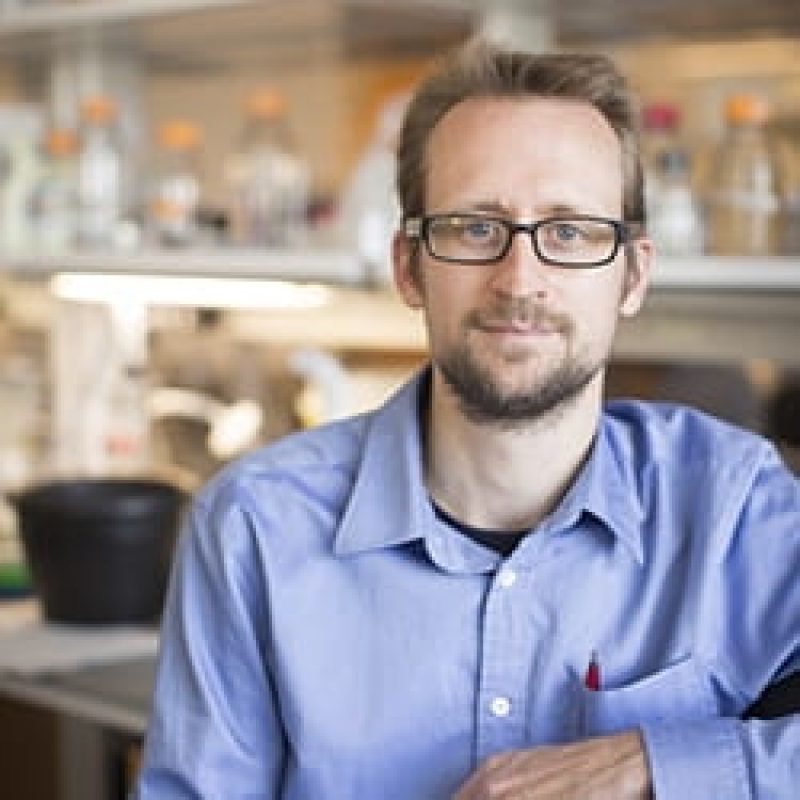Role: Potential MFF (REU) Host
-

Tobias Dörr
We study how bacteria respond to and survive stressful conditions, particularly damage to the cell envelope. Students in the Doerr lab learn techniques ranging from microscopy and image analysis to molecular biology. The lab is very active with undergraduate research and has extensive experience in[...] -

Dan Buckley
My research program explores soil microbiome dynamics and their impacts on ecosystem and plant health. Students will use genomics and culture-based experiments to understand how soil bacteria response to plant root exudates. They will gain skills in microbiology and bioinformatics, and learn concepts in community[...] -

Adam Bogdanove
Our research centers on crop diseases caused by bacteria in the genus Xanthomonas, focusing on TAL effector proteins injected by the bacteria to manipulate expression of specific host genes important for disease development. Our lab also studies plant disease resistance mechanisms triggered by TAL effectors[...] -

Esther Angert
Our research explores the impact of host behavior and nutritional needs on the evolution of intestinal symbionts. Current projects include the study of signals that coordinate the physiology and development of intestinal bacteria with the feeding activity of their host. We are also interested in[...] -

Hector Aguilar-Carreno
The main focus of our research program is to elucidate key mechanistic components in enveloped viruses and their host cells that: 1) mediate viral entry into cells, 2) elicit cell immune responses, and 3) mediate viral egress from cells. These studies are leading to the[...] -

Brian Lazzaro
My lab group studies insect-pathogen interactions, using opportunistic bacterial infection in the model host Drosophila. For instance, students may measure pathogen proliferation when the host is provided with diets that vary in quality. Specific methods include microbiology and molecular biology, as well as genetic manipulations[...]
